MDT Announces WTI-led Project as Winner of AASHTO High Value Research
The Montana Department of Transportation (MDT) announced a research project they nominated, the “Effectiveness of Highway Safety Public Education at Montana Motor Vehicle Registration Stations by Streaming a Variety of Safety Content,” has been recognized by AASHTO RAC Region 4 as a 2024 High Value Research award winner in the supplemental category of Safety, Security, […]
Week-long Summer Camp Introduces Kids to Transportation Planning
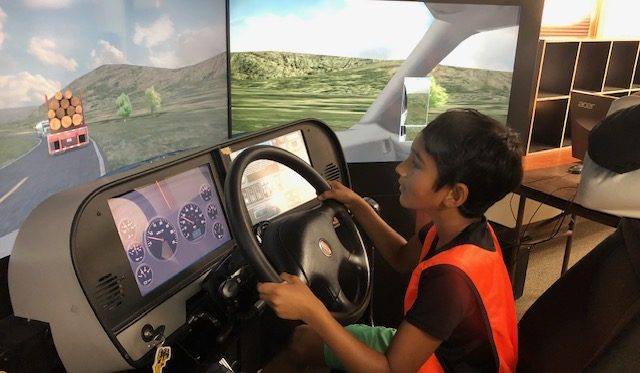
In August, twenty-four Montana middle school students participated in WTI’s weeklong Summer Transportation Camp, held at Salish Kootenai College (SKC) in Pablo, Montana. The camp introduced participants to a wide range of transportation and STEM topics. Students were able to pick out a bike from Free Cycle bike kitchen in Missoula, which they used to […]
SUMMER IS HERE – Time for Transportation Camp!
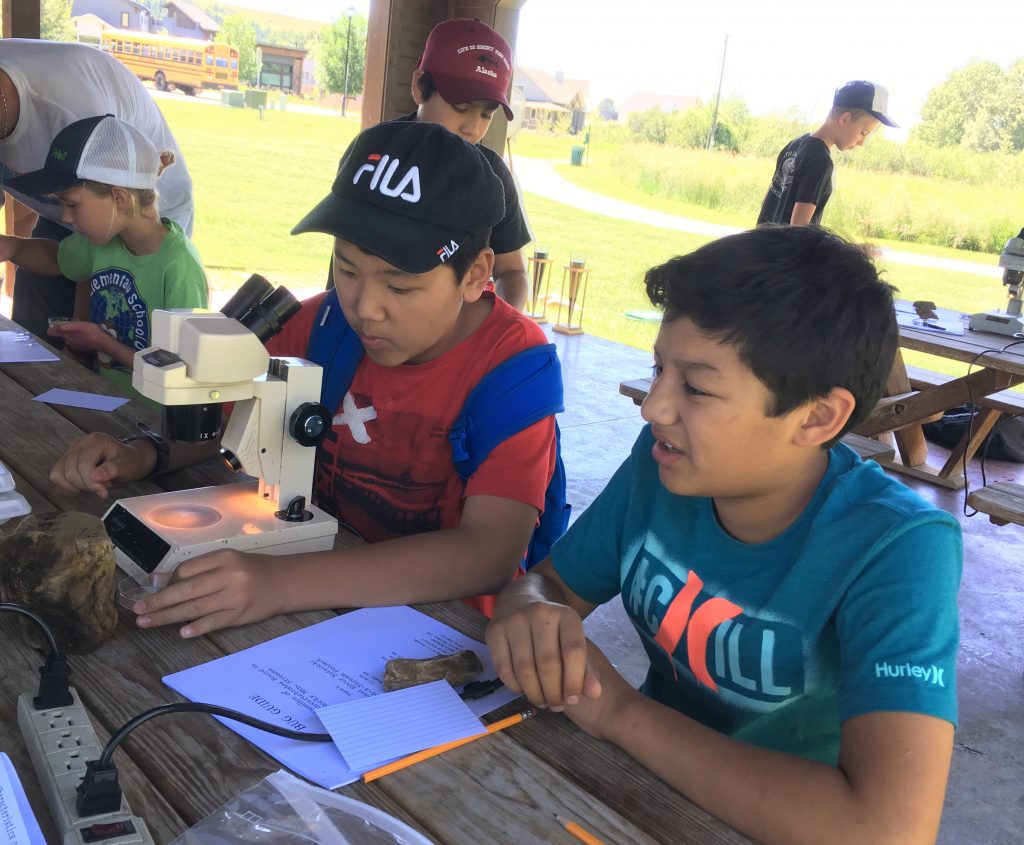
WTI is excited to announce two upcoming sessions of the Summer Transportation Camp at Montana State University – free weeklong camps for middle school students. For: Middle School students (entering grades 6-9 in Fall 2021) What: Two weeklong camps at the MSU Western Transportation Institute (9am – 3pm) to get everyone moving. Each day camp […]
STUDENT NEWS: CATS Participants Create Designs for Bozeman Park
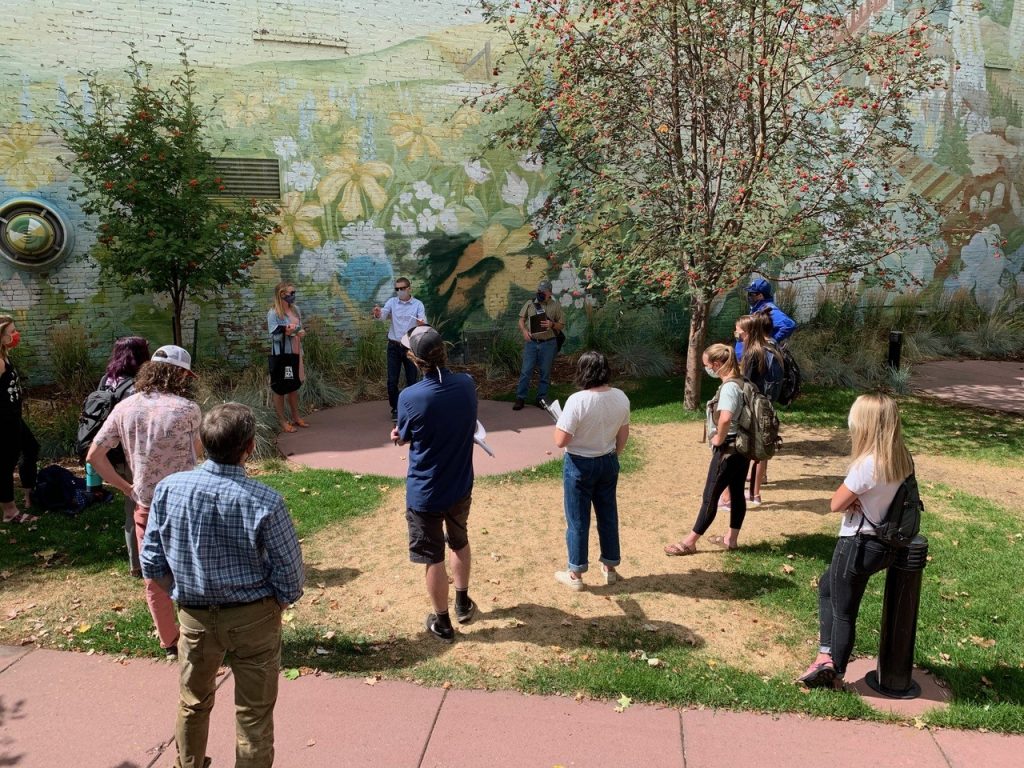
In a recent feature article, Montana State University News Service detailed the contributions of MSU students to future plans for Soroptimist Park in Bozeman, Montana. The students are part of the Community-Engaged and Transformational Scholarship (CATS) program, led by WTI, which matches projects identified and prioritized by Montana communities with students and faculty in relevant […]
STUDENT NEWS: Engineering a Future in Transportation
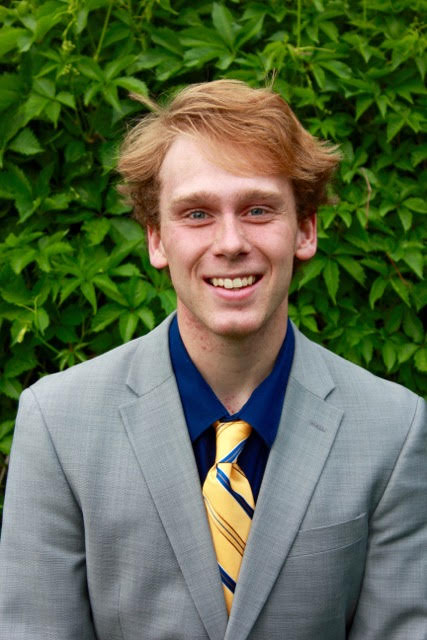
Montana State University senior Bryce Grame has a long-term plan for a career in transportation. With a major in Civil Engineering and a minor in statistics, he is interested in a future that will allow him to work “at the intersection of traffic engineering and transportation planning,” on issues such as emerging technologies and micromobility. […]
2021 30th Annual UTC Outstanding Student of the Year Awards
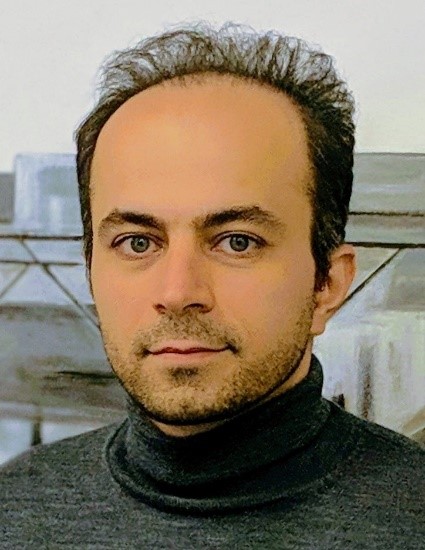
Congratulations to Ali Rahim-Taleqani of North Dakota State University (NDSU). Ali has been recognized as a 2020 Outstanding Student of the Year by the University Transportation Centers for his contributions to the Small Urban, Rural and Tribal Center on Mobility led by the Western Transportation Institute at Montana State University. Ali has over 10 years […]
STUDENT NEWS: Students in CATS Program Spearhead Local Stormwater Survey
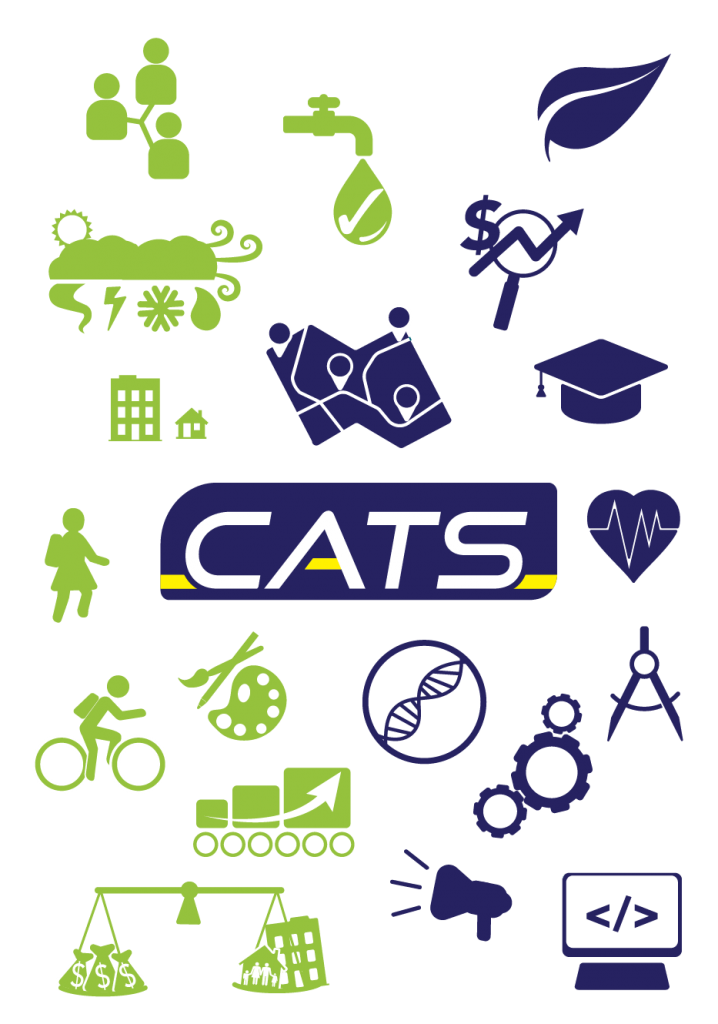
The City of Bozeman and Montana State University (MSU) students are partnering up to strengthen stormwater outreach efforts. Dr. Sarah Church, a professor in MSU’s Department of Earth Sciences, is leading a group of undergraduate students in a Geography course in the development of an online survey. This project is in collaboration with City staff […]
MSU News Highlights Upcoming Webinar on Workforce Development
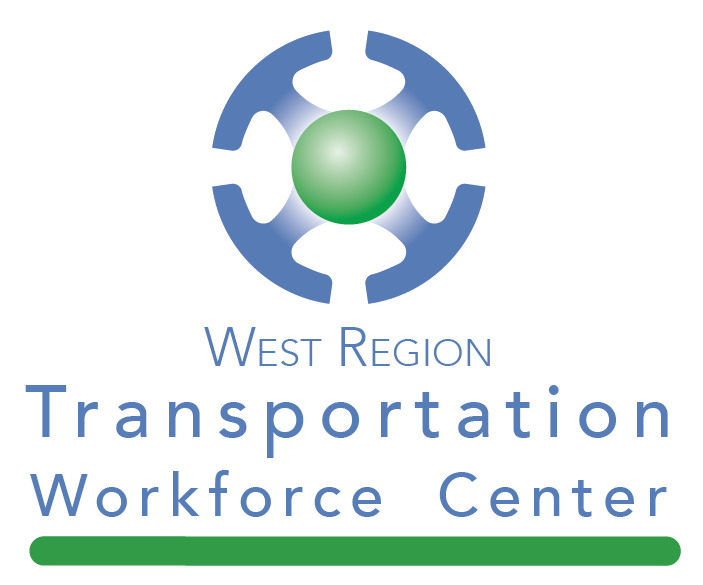
The West Region Transportation Workforce Center (WRTWC), which is based at WTI, will host a webinar on October 7 (11 am Mountain Time), which will focus on “Engaging Multidisciplinary Student Talent to Meet Agency Needs.” Four speakers from MSU and the City of Bozeman will highlight the Community-engaged and Transformational Scholarship Initiative (CATS), a successful […]
WRTWC Will Kick Off Webinar Series on Transportation Workforce Development

MSU Speakers will highlight successful program offering professional development and career exposure to university students How do we inspire the next generation of transportation professionals and start filling growing workforce needs in the transportation sector? Join the National Network for the Transportation Workforce for a 4-part webinar series on how to achieve effective student career […]
STUDENT NEWS: MSU ITE Student Chapter Honored at Annual Meeting
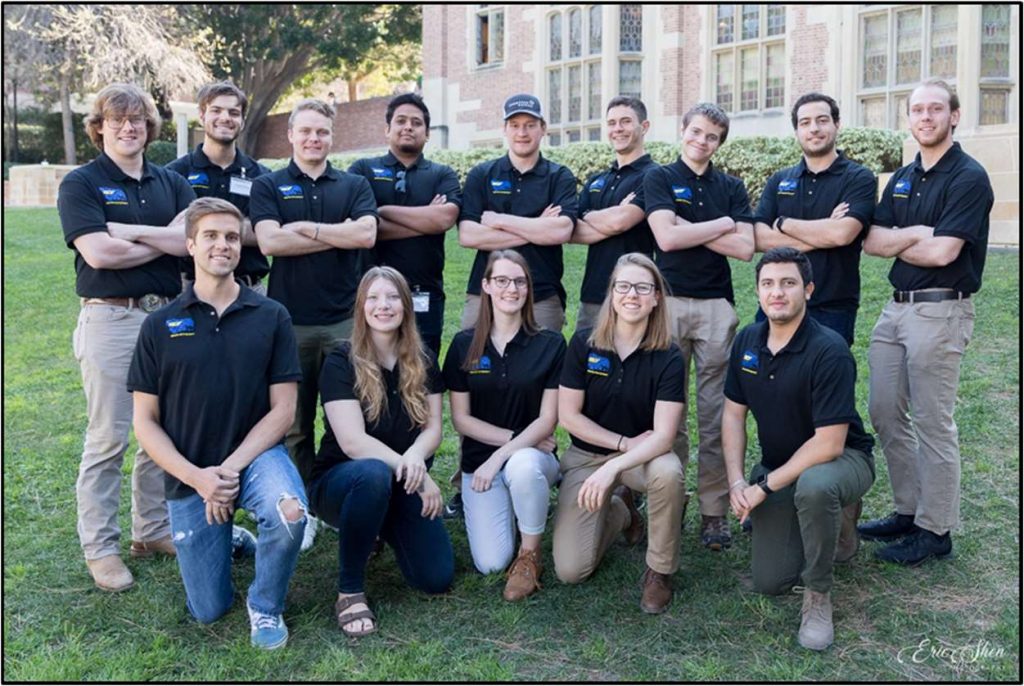
The Montana State University (MSU) Student Chapter of the Institute of Transportation Engineers (ITE) has worked hard in recent years to grow its membership and its professional opportunities for engineering students, and the effort has paid off! At the annual meeting of the Western and Mountain ITE Districts, the MSU Chapter was selected for the […]
